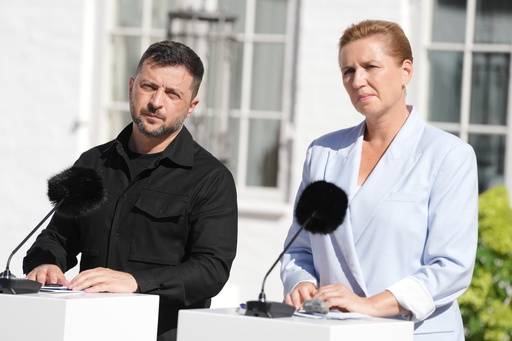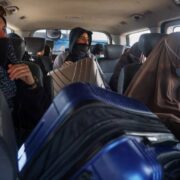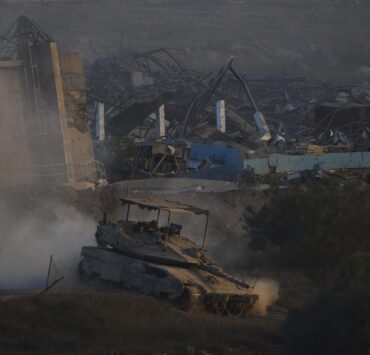European leaders face tough choices on Ukraine

LONDON—European countries are stuck between a rock and a hard place as a coalition of countries meets in Paris on Thursday to discuss security guarantees for a postwar Ukraine.
The war is raging unabated, with no ceasefire in sight—and the crucial question of American involvement in ensuring Ukraine’s future security remains unresolved.
For months, the so-called “coalition of the willing” has been meeting to discuss aid for Ukraine, including sketching out plans for military support in the event of a ceasefire to deter future Russian aggression.
The coalition leaders—French President Emmanuel Macron and UK Prime Minister Keir Starmer—have insisted that any European “reassurance” force in Ukraine needs the backing of the United States. But while US President Donald Trump has hinted his country will be involved, he has moved away from calling for a ceasefire in Ukraine and refrained from implementing tough additional economic measures to punish Moscow.
None has worked
Although Trump said he is “disappointed” in Russian President Vladimir Putin and issued several threats to try to cajole him into negotiating an end to hostilities, none has worked. At a meeting with Putin in Alaska in August, Trump failed to persuade the Russian leader to stop fighting and has not yet managed to broker talks between Putin and Ukraine’s President Volodymyr Zelenskyy.
While Trump and European leaders met in Washington after the Alaska summit—and US, European and Nato military chiefs held discussions on support for Ukraine—little concrete detail has emerged on the security guarantees to deter Moscow from a future conflict.
Former military generals and experts suggest Europe is in a bind—not knowing the level of support the United States is prepared to provide the coalition, the nature of any ceasefire or if the US will abide by commitments made. It’s also far from certain that Putin would agree to a cessation of hostilities.
‘Impossible’
“Talking about detailed operational planning when you don’t actually have your mission is, quite frankly, impossible,” said Ed Arnold, an expert in European security.

















